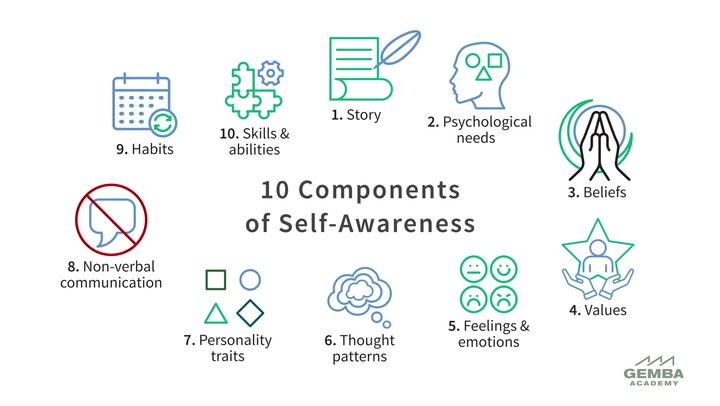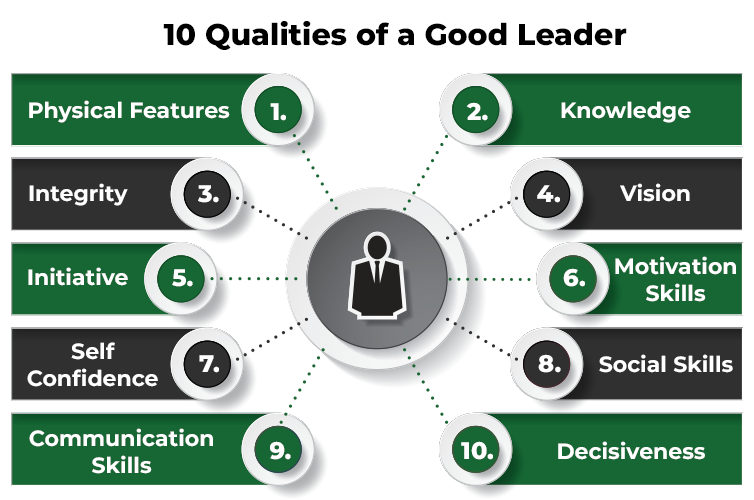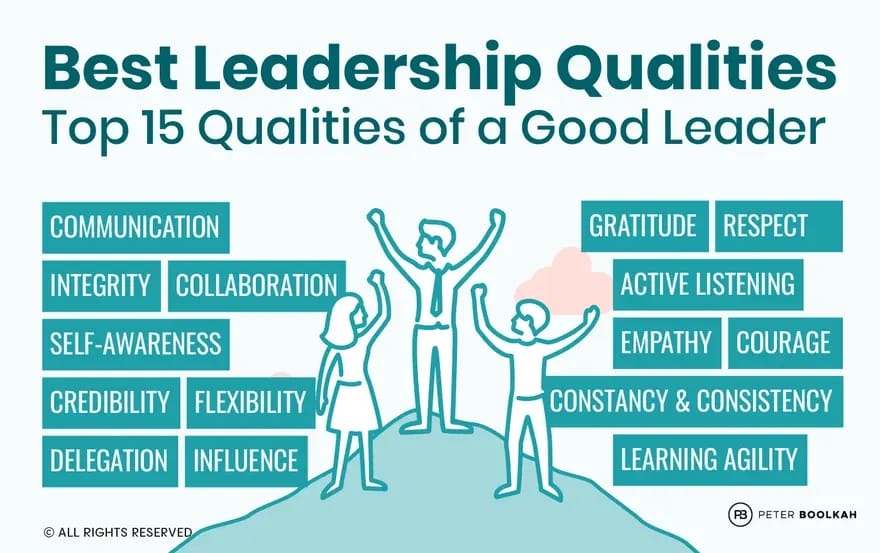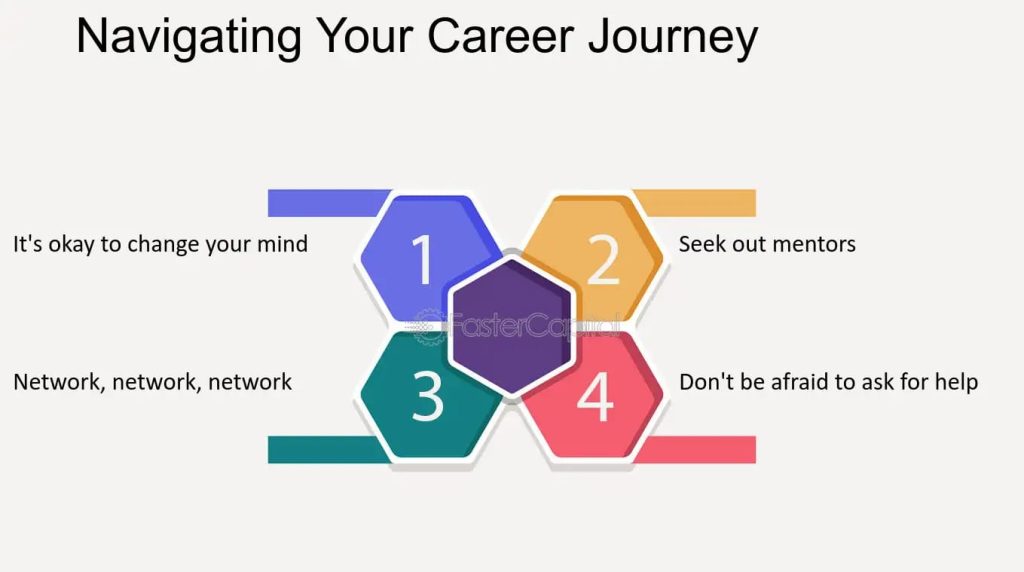Self-awareness is the cornerstone of personal growth, emotional intelligence, and authentic living. It is the ability to recognize and understand your thoughts, emotions, and behaviors and how they align with your values and impact the world around you. By cultivating self-awareness, you unlock the potential to lead a more intentional and fulfilling life. This chapter explores the transformative power of self-awareness and provides practical strategies to integrate this practice into your daily routine.

The Foundation of Self-Awareness
Self-awareness is often categorized into two dimensions: “internal” and “external” awareness. Internal self-awareness pertains to understanding your inner world—your emotions, beliefs, motivations, and desires. External self-awareness, on the other hand, involves recognizing how others perceive you and your actions.
These dimensions work in tandem to create a holistic sense of self. For example, while internal self-awareness helps you identify your strengths and weaknesses, external self-awareness ensures you’re mindful of your impact on others and how to improve interpersonal relationships.
The Transformative Benefits of Self-Awareness
Enhanced Emotional Regulation
By understanding your emotional triggers, you gain control over impulsive reactions. For instance, if you’re aware that stress leads to irritability, you can proactively manage it through mindfulness or breathing exercises.
Improved Decision-Making
Self-awareness allows you to align decisions with your core values and long-term goals. Rather than succumbing to societal pressures or fleeting emotions, you develop clarity and purpose.
Stronger Relationships
Recognizing how your behavior affects others fosters empathy and communication. This not only strengthens personal relationships but also builds trust and collaboration in professional settings.
Increased Resilience
Self-aware individuals are better equipped to handle setbacks. By acknowledging their feelings without judgment, they learn from failures and adapt to challenges with a growth mindset.
Personal Growth and Fulfillment
The practice of self-awareness encourages continuous self-improvement. It pushes you to confront limiting beliefs, embrace authenticity, and pursue meaningful goals.
Barriers to Self-Awareness
Achieving self-awareness is a journey that requires patience and effort. However, several obstacles can impede this process:
Ego and Defensiveness
A fragile ego resists criticism, making it difficult to confront uncomfortable truths about oneself.
Autopilot Living
Many people operate on autopilot, consumed by routines and distractions. This lack of mindfulness prevents introspection.
Fear of Vulnerability
Facing one’s flaws and insecurities can be daunting, leading some to avoid self-reflection altogether.
External Noise
The constant influx of opinions from social media, peers, and society can cloud self-perception and hinder authenticity.

Practical Steps to Cultivate Self-Awareness
Practice Mindfulness
Mindfulness is the art of being fully present in the moment. Regular practices such as meditation, yoga, or deep breathing enhance your ability to observe your thoughts and emotions without judgment.
Example: Set aside five minutes daily to sit quietly, focus on your breath, and observe your inner dialogue.
Journaling
Writing down your thoughts, feelings, and experiences is a powerful tool for introspection. Journals help identify patterns, triggers, and areas for improvement.
Prompt: Reflect on a challenging situation and ask, “What did I feel? Why did I react that way? What can I learn from this?”
Seek Feedback
External feedback provides valuable insights into how others perceive you. Be open to constructive criticism and use it as a catalyst for growth.
Tip: Ask trusted friends, family, or colleagues, “What’s one thing I can improve about myself?”
Engage in Self-Reflection
Allocate time to reflect on your day, decisions, and interactions. This practice deepens your understanding of your values, priorities, and areas for change.
Example: Before bed, ask yourself, “Did my actions today align with my goals and values?”
Identify Core Values
Clarifying your values acts as a compass for decision-making and behavior. Write down your top five values and evaluate how well your life aligns with them.
Observe Behavioral Patterns
Notice recurring habits, both positive and negative, to understand their root causes. Awareness is the first step toward breaking unhealthy patterns.
Embrace Vulnerability
Authentic self-awareness requires courage to confront fears, mistakes, and insecurities. Recognize that vulnerability is a strength, not a weakness.

Integrating Self-Awareness into Daily Life
Morning Intention-Setting
Begin each day by setting an intention that aligns with your goals and values. For example, “Today, I will listen more attentively during meetings.”
Mindful Check-Ins
Throughout the day, pause and ask yourself, “What am I feeling right now? Why?” These brief moments of awareness foster emotional regulation.
Weekly Self-Assessments
Dedicate time at the end of each week to evaluate your progress and areas for improvement. Celebrate achievements, no matter how small.
Gratitude Practice
Expressing gratitude shifts focus from negativity to positivity, enhancing self-awareness and emotional well-being. Write down three things you’re grateful for each day.
Accountability Partnerships
Share your self-awareness journey with a trusted partner who can provide honest feedback and encouragement.
https://nimblefoundation.org/
https://www.linkedin.com/in/satish-kakri-17224417/
https://www.facebook.com/nimblefoundation1
https://nimblefoundation.org/our-clients.html
Thanks for reading.

















